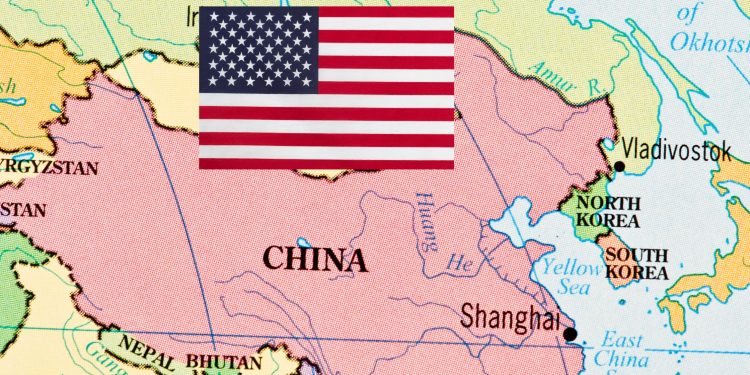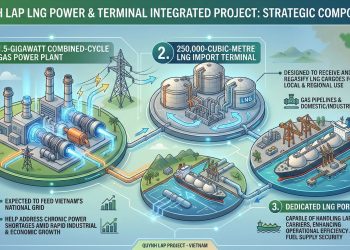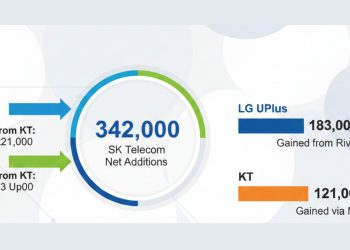The U.S. Commerce Department has announced plans to remove South Korean tech giants Samsung Electronics and SK Hynix from the “validated end-user (VEU)” list. This move will require the companies to obtain licenses to send certain American semiconductor equipment to their Chinese plants. The change, published in the Federal Register, also affects Intel Semiconductor, though the company recently sold its Dalian facility in China. The department emphasized that it will not approve licenses for capacity expansion or technology upgrades at these plants.
The decision ends exemptions previously granted in 2022, which allowed Samsung and SK Hynix to import U.S. chipmaking equipment for their Chinese operations without seeking individual approvals. Analysts say the policy tightens restrictions on foreign chipmakers in China and could complicate production for the South Korean firms in the world’s largest semiconductor market.
The revocation of Validated End-User (VEU) status will take effect 120 days after its official publication on Sept. 2, giving Samsung and SK Hynix time to adjust their operations. Under the previous Biden administration, the VEU designation enabled companies to import U.S. semiconductor equipment to their Chinese facilities under general authorizations, thereby reducing the need for individual export licenses. The Commerce Department stated that the move is aimed at closing what it described as a “Biden-era loophole.”
Jeffrey Kessler, Under Secretary of Commerce for Industry and Security, emphasized that the decision reflects a commitment to prevent U.S. companies from being placed at a competitive disadvantage. The department said that while licenses will be granted to maintain existing operations, applications to expand capacity or upgrade technology in China will not be approved.
The U.S. has been increasingly tightening controls on advanced technology exports to China amid growing competition over semiconductors, AI, and other strategic sectors. Analysts note that the policy shift could complicate production plans for Samsung and SK Hynix, both of which rely on Chinese plants for a significant portion of their memory chip output. These chips are critical for smartphones, supercomputers, and AI hardware.
South Korea’s government responded by pledging to work closely with Washington to mitigate the impact on domestic chipmakers. The Ministry of Trade, Industry, and Energy stated that it has been in close communication with the U.S. Commerce Department, emphasizing the importance of stable operations in China for the global semiconductor supply chain. Seoul confirmed it will continue discussions to minimize potential disruptions.
China’s Ministry of Commerce, meanwhile, condemned the U.S. decision, saying Beijing will take “necessary measures” to protect the legitimate interests of enterprises. The licensing changes are expected to affect U.S. equipment suppliers such as KLA Corp, Lam Research, and Applied Materials, which could see a decline in sales to China. On the day of the announcement, shares of these companies fell by 2-4 percent.
The revocation follows months of speculation about tightening restrictions. A White House official in June suggested that the U.S. might revoke authorizations if trade negotiations with China faltered. Currently, a partial tariff truce remains in place, with 30 percent U.S. tariffs on Chinese goods and 10 percent duties on American exports scheduled to last until November. The years-long trade tensions have already disrupted global supply chains, including those of critical materials essential for technology and agriculture.
Despite the expected challenges, both Samsung and SK Hynix have indicated they will maintain communication with the South Korean and U.S. governments to minimize disruptions. The companies can continue operating under the new license requirements, although the inability to expand or upgrade Chinese facilities may influence their long-term production plans. South Korea remains focused on ensuring that its semiconductor sector remains resilient in the face of shifting U.S.-China technology policies.







